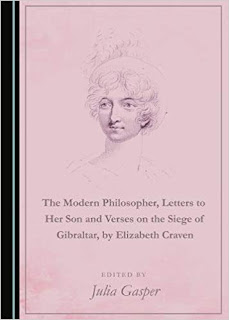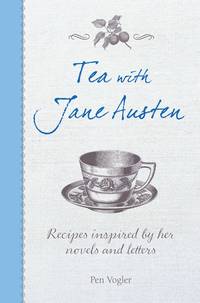New Paperback edition of The Modern Philosopher, Letters to Her Son and Verses on the Siege of Gibraltar, by Elizabeth Craven

The paperback edition of The Modern Philosopher, Letters to Her Son and Verses on the Siege of Gibraltar, by Elizabeth Craven has now been issued by Cambridge Scholars Press. Elizabeth Craven is an important feminist writer of the late Georgian period whose works are not easy to access. Some of the best have never been reprinted. Others were written in French and have never before been translated into English. She was a versatile writer with a lively mind and witty turn of phrase. This new edition with introduction and explanatory notes, includes a complete translation of one of her best and most entertaining plays, The Modern Philosopher . It combines satire with a romantic plot. This volume also includes Letters to Her Son, a book in which she protested against unfair laws of marriage. This feminist work is far ahead of its time and should be recognized as a landmark in women's rights. It should be read by everyone interested in women's studies or the hi

